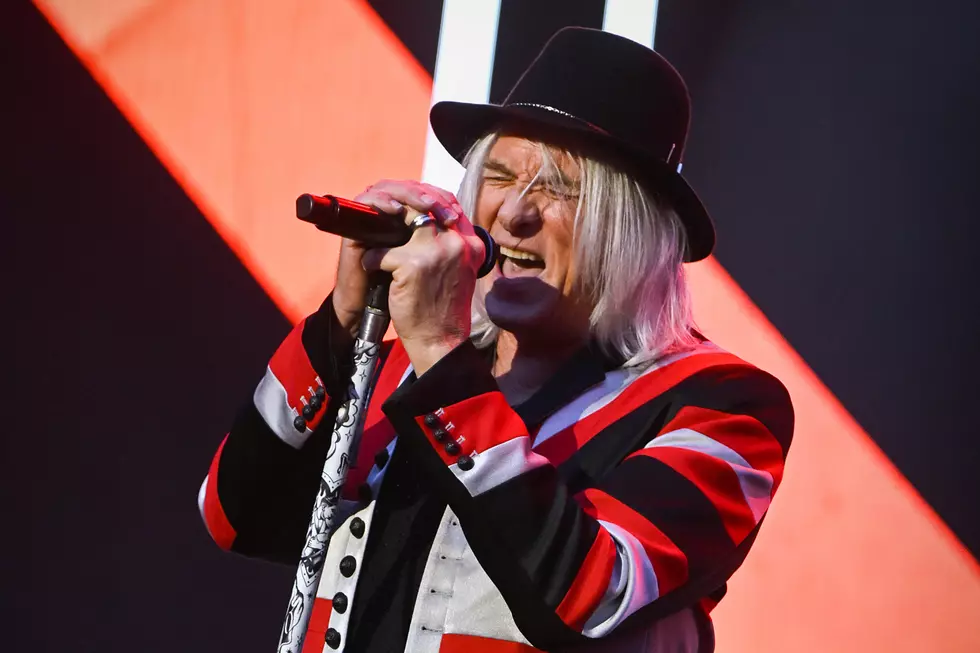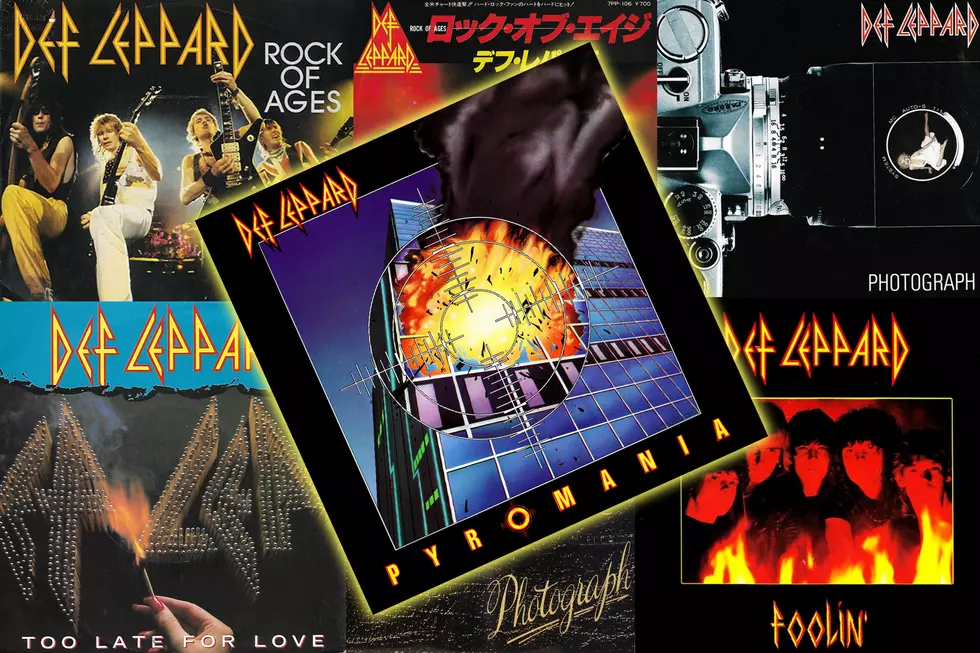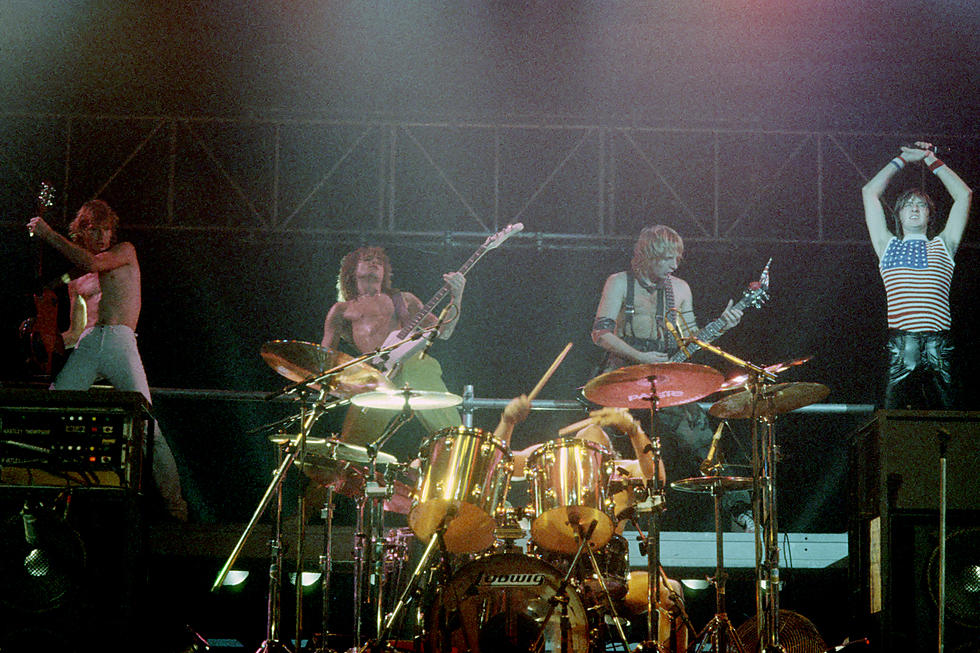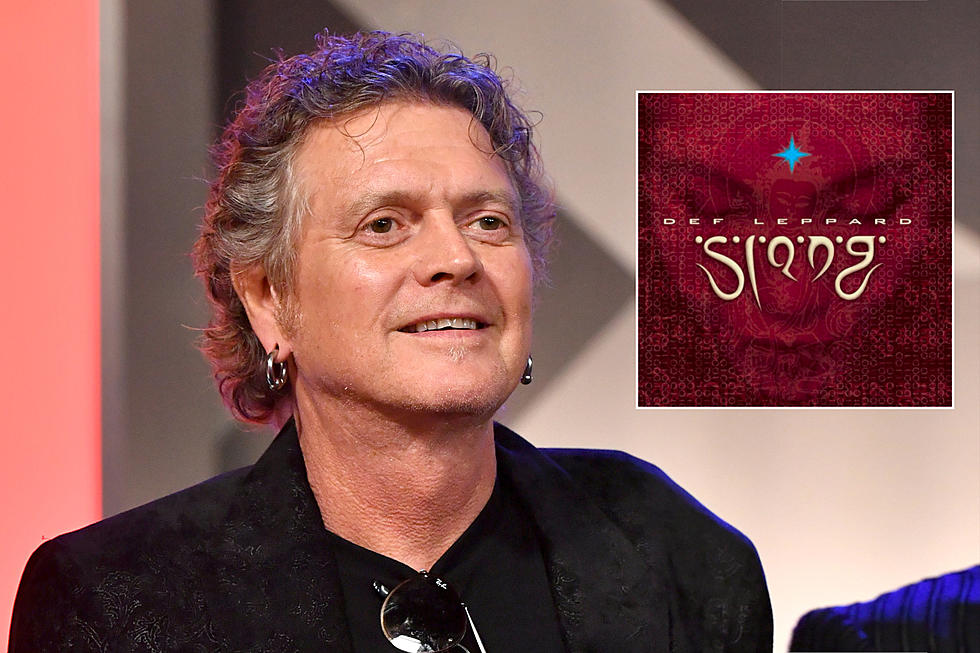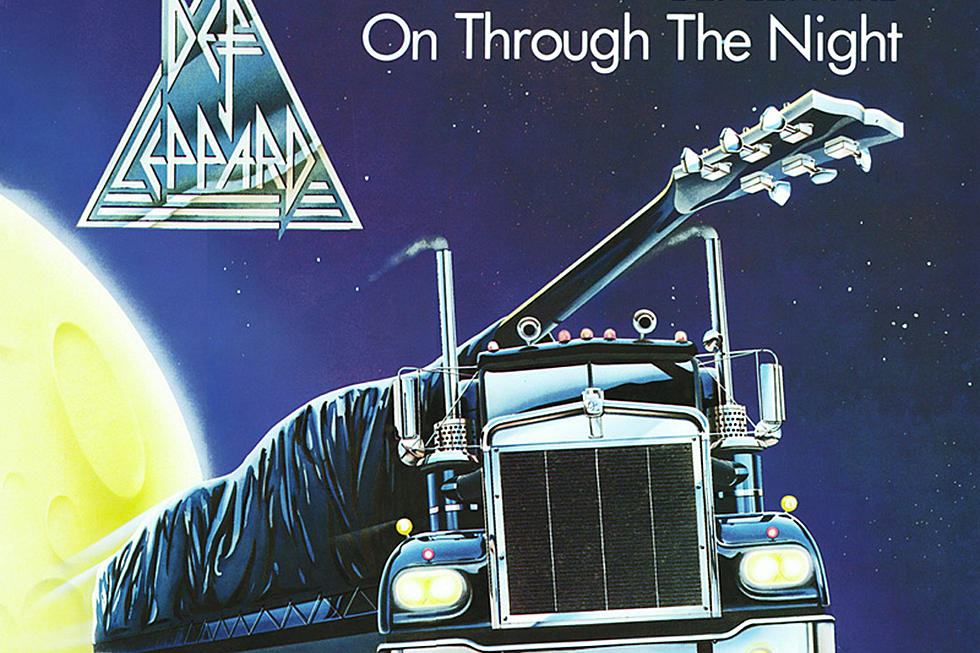
How Def Leppard Began Their Journey to Stardom
When Def Leppard unveiled their debut album on March 14, 1980, they were already being touted among the most promising bands of the New Wave of British Heavy Metal. But the precocious quintet had bigger plans beyond their homeland’s limited metal consumer base, and their sights were set squarely on making it in the musical promised land known as America.
Pretty ambitious, you might say, for a bunch of working class lads raised within spitting distance of the Sheffield steel mills. But then singer Joe Elliott, guitarists Steve Clark and Pete Willis, bassist Rick Savage and drummer Rick Allen were also children of ‘70s classic rock and the dazzling British glam movement, in particular.
As kids, they’d been visited by technicolor aliens with names like David Bowie, Marc Bolan, Roxy Music and Mott the Hoople — all of whom suggested it was possible to escape a life of factory drudgery if one had the chutzpah to run off with the the rock 'n' roll circus.
And damn it if Def Leppard weren’t determined to do just that.
So by January of 1979, the young upstarts had already financed and released the three-song Def Leppard EP. It found an unlikely champion in influential radio D.J. John Peel, who, at the time, was better known for supporting punk and new wave acts, not long-haired rockers. This led to a recording contract with Phonogram/Mercury and, come October of the same year, Def Leppard found themselves opening for AC/DC’s British tour. In December, they entered the studio with producer Tom Allom, whose engineering credits included Black Sabbath and Judas Priest.
Three months later, On Through the Night began arriving in record stores. This first album received mostly positive reviews that praised the powerful, riff-driven hard rock of “Rock Brigade,” “It Could be You” and “Wasted,” and the budding melodicism of “Sorrow is a Woman,” “Satellite” and “It Don’t Matter.” But there were also some criticism aimed at less convincing numbers like the overly ambitious, almost prog-like “When the Walls Came Tumbling Down” and “Answer to the Master.”
Listen to Def Leppard's 'Rock Brigade'
For good measure, the band had also re-recorded two songs from their well-received EP, the sprawling “Overture” and the rambunctious “Getcha Rocks Off,” which was re-titled simply “Rocks Off” (the EP’s third song, “Ride into the Sun,” was later re-cut for 1990’s Retro Active collection). But if there was one song that seems prescient, in retrospect, it was On Through the Night’s first official single, “Hello America.” Its big chorus, bubbling synths and bald-faced (if premature) mission statement told anyone who would listen just where Def Leppard expected to rule before too long.
Unfortunately for Def Leppard, America wasn’t quite ready to say “hello” back just yet, as evidenced by On Through the Night’s respectable, but not quite remarkable peak position at No. 51 on the Billboard album chart. What’s more, though the LP performed even better back home in the U.K., reaching No. 15, it seemed as though the band’s bold confidence was rubbing some ornery critics the wrong way. By the time Def Leppard took the stage at Reading in the summer of 1980, these same critics had their knives out, often pinning Leppard unfairly against the also rising Iron Maiden, and a small backlash was in effect among some metal fans.
But Def Leppard would have the last laugh – or several million laughs – because there was one man who knew he could hone their raw talent into the perfect hard rock band for the ‘80s, producer Robert John “Mutt” Lange. With Lange at the helm, Def Leppard would quickly build on the solid foundation of On Through the Night and achieve jaw-dropping results with 1981’s pivotal High ’n’ Dry album.
They would then complete their American domination, as promised, with multi-platinum blockbusters Pyromania (1983) and Hysteria (1987). Decades later, all of those early days naysayers are long forgotten, but Def Leppard are still out there, somewhere, touring and playing On Through the Night.
The Best Song From Every Def Leppard Album
You Think You Know Def Leppard?
More From Ultimate Classic Rock
